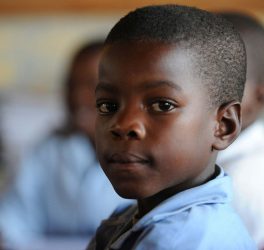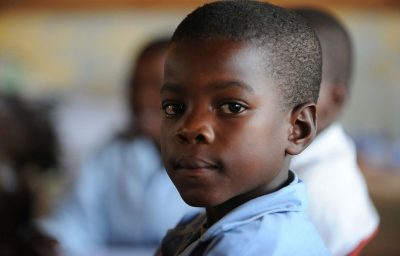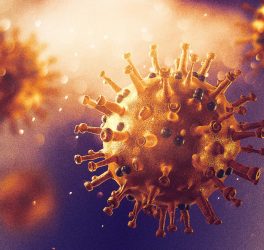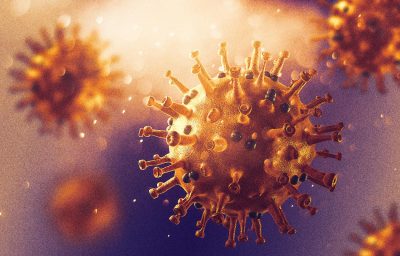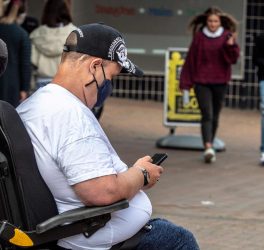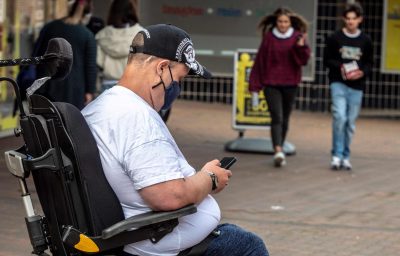A famous Zambian singer, John Chiti, with albinism has released a song to raise awareness about struggles of people with disabilities during the ongoing COVID-19 pandemic, moving from songs about love he usually writes about.
People with disabilities are being left behind during COVID-19 as their needs often become an afterthought in response programs.
Chiti, Zambia’s most prominent person with albinism, is using music to change attitudes towards people with the condition, many of whom have been badly impacted by a coronavirus.
When Zambian musician John Chiti was growing up classmates taunted him, teachers beat him and strangers spat, but the same people who once bullied him now dance to his hit songs.
“COVID-19 has left us at greater risk of discrimination and violence,” said the musician who counts First Lady Esther Lungu and former president Kenneth Kaunda among his fans.
Zambia has recorded nearly 10,000 coronavirus cases and over 260 deaths, according to the World Health Organization. While numbers are low compared to many countries, they have accelerated fast since July.
The pandemic has raised fears people with albinism could be attacked for their body parts which are prized in witchcraft for use as lucky charms.
There has already been one murder since the virus emerged, body parts have been stolen from a grave, and a street attack was reported in the capital Lusaka last week.
Zambia is home to about 25,000 people with albinism – a lack of pigmentation in the skin, hair, and eyes, which often causes poor vision and heightens the risk of skin cancer.
Chiti, a household name in Zambia, is most famous for his love songs, but his latest releases, including one called “Coronavirus”, have focused on the way people with disabilities have been forgotten during the crisis.
He said the government’s response had not taken into account the needs of the disabled.
“We’re being told to observe social distance but how can a blind person who requires a guide move about?” he told the Thomson Reuters Foundation.
Information on how to keep safe has not been translated into braille or sign language and washstands for cleaning hands are often inaccessible to wheelchair users, Chiti added.
Lockdowns have also made it harder for people with albinism to obtain crucial sunscreen.
The government did not respond to requests for comment.
The R&B singer grew up in Zambia’s Copperbelt Province. The only person with albinism in his family, he was rejected by his father.
“When I was born my family was confused. They couldn’t believe that I belonged and this led to the divorce of my parents,” the musician said.

